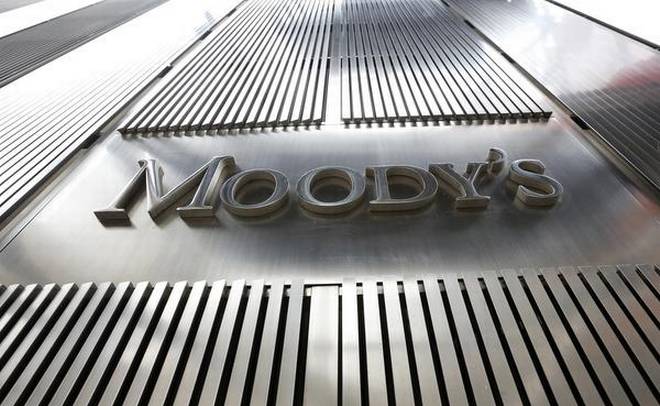New Delhi: Moody’s Investors Service Thursday said global credit conditions have turned more negative amid rising borrowing costs, protracted Russia-Ukraine conflict and slower economic growth.
It said the surge in energy and food costs spurred by the conflict in Ukraine is weakening the purchasing power of households, raising input costs for companies and dampening investor sentiment.
Among sovereign debt issuers, debt sustainability will be especially challenging for many frontier market sovereigns as their borrowing costs climb, while their economies still have not fully recovered from the COVID-19 pandemic crisis, it said.
“Global credit conditions have turned more negative and will be tighter for the rest of the year amid rising borrowing costs, the prospect of a protracted military conflict between Russia and Ukraine, materially slower growth of the world economy, surging prices for energy and commodities, renewed supply-chain disruption and increased financial market volatility,” Moody’s said in a report.
As central banks in many countries start to raise interest rates in response to high inflation, financial market conditions are in the midst of a synchronised tightening across continents.
“Financial conditions will continue to tighten as interest rates climb,” the US-based rating agency said.
In May, Moody’s cut the economic growth forecast for G-20 economies to 3.1 per cent for this year and 2.9 per cent for next year, compared to its March projections of 3.6 per cent and 3 per cent, respectively.
“As inflation remains stubbornly high, central banks across both advanced and emerging market countries will continue to raise interest rates to prevent a further build-up of inflation expectations,” Moody’s said.
In India, the Reserve Bank has hiked interest rates in two quick successions by 90 basis points to 4.90 per cent.
The RBI has the mandate to keep inflation at 4 per cent with a bias of 2 per cent on either side.
The retail inflation for May came in at 7.04 per cent — remaining above the Reserve Bank’s inflation target for the fifth straight month. Also, the wholesale price-based inflation spiked to a record 15.88 per cent on costlier food and fuel. The WPI inflation has remained in double-digit for the 14th consecutive month since April last year.
The RBI, earlier this month, upped the average inflation projection for the ongoing fiscal by 100 basis points to 6.7 per cent.
Highlighting that downside risks to economic growth are unusually high, Moody’s said there are numerous developments that could result in a further dampening of the macro outlook.
“Central banks that are tepid in their response to inflationary pressures could face the prospects of an unanchoring of inflation expectations that result in a wage-price spiral and potentially a stagnant economy,” it added.
Other risks include the possibility of commodity prices jumping even higher, longer-lasting supply-chain disruptions, a larger-than-expected slowdown of China’s economy, and new, more dangerous strains of COVID-19 that lead to renewed health emergency and restrictions on mobility and activity.
This unusually high uncertainty will translate into volatile energy prices and financial markets over the next six to eight months, Moody’s noted.
PTI
